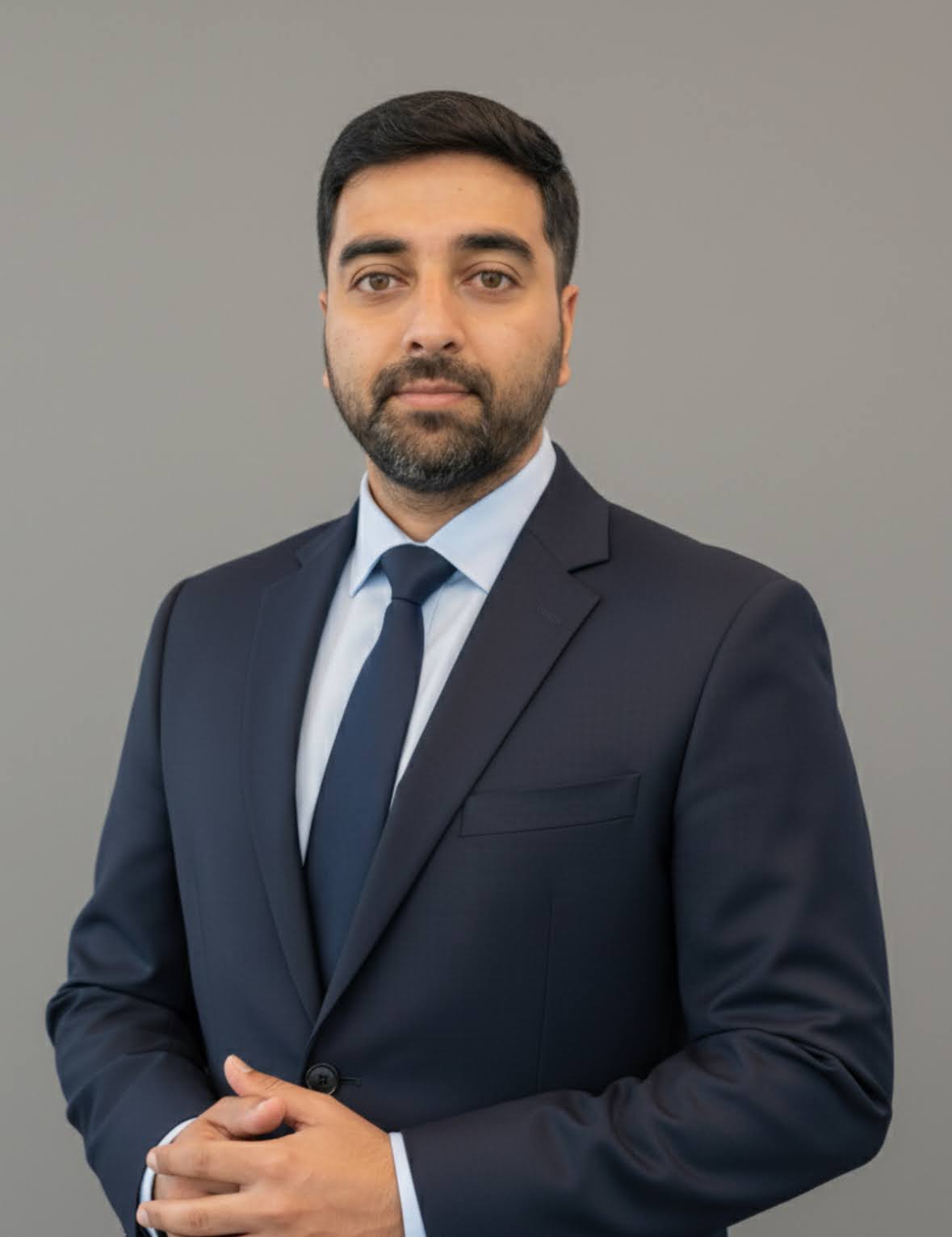Copyright International Business Times

Riaz Ahmed Mohammed Sait never set out to become a celebrity engineer. He built his reputation one solution at a time inside the intricate machinery of Oracle's Fusion Human Capital Management Cloud. After seventeen years, he has become the quiet force reshaping how global corporations think about their workforce systems. His journey began in Coimbatore, where he initially handled human resources operations for a public sector corporation before joining Oracle India during the early rollout of its Fusion HCM cloud SaaS product. Those were difficult years, filled with late nights and technical firefighting. He worked with early adopters such as Schneider Electric and PwC, often managing high-stakes payroll crises that could have disrupted thousands of salaries. "When you support global enterprises, every error affects real lives," he recalls. "Precision becomes a moral responsibility." When Oracle expanded its Fusion HCM operations to the United States, Riaz Sait was among a select few sent to help build the Lehi, Utah support hub. His technical leadership helped transform a fledgling department into a trusted backbone of Oracle's cloud infrastructure. Today, he holds the title of Principal Technical Support Engineer, guiding and leading Implementation Support projects for clients like Waste Management USA, Denver Public Schools, and Avery Dennison Corporation and many other Fortune 500 companies Engineering Intelligence Into Human Decisions While many see human-resources software as administrative plumbing, Riaz Sait treats it as an intelligent decision engine. His current work focuses on embedding AI-driven learning algorithms and Redwood-based visual tools inside compensation frameworks. In practice, this means that large employers can accurately predict workforce costs, forecast talent gaps, and align pay decisions with long-term performance data, all without human bias distorting the process. His patent under review in the United Kingdom, titled "AI-Powered Device Interface for Intelligent Compensation and Talent Management in Cloud HCM," proposes a guided interface that reads context, predicts outcomes, and recommends actions in real time. The concept links machine intelligence directly to HR decision flows rather than leaving analytics as a detached dashboard. Oracle engineers and enterprise consultants have adopted portions of his design to automate complex salary validations, reducing manual review cycles by over 35% and saving enterprise clients thousands of labor hours annually. Riaz Sait explains his philosophy with calm precision: "Technology must never replace human judgment; it should elevate the clarity of judgment. The more transparent our systems become, the fairer organizations grow." His solution papers and internal webinars have since circulated through Oracle's Customer Connect network, where global practitioners reference his works to modernize their own deployments. Within that community, Riaz Sait's name has become shorthand for reliable guidance on compensation intelligence. Recognition Through Rigor The recognition came quietly, without press releases or grand ceremonies. Oracle's Customer Connect platform conferred its Gold Trophy and Grand Master honors upon him, awards reserved for the top one percent of contributors who influence company-wide practices. His 2015 "Proactive Champion" accolade marked a pivotal moment in Oracle's history, recognizing engineers whose preventive work averted costly enterprise disruptions. Outside Oracle, professional bodies took note. He is a senior member of IEEE, a fellow of both the Institution of Electronics and Telecommunication Engineers, and the Soft Computing Research Society. He also serves as an official judge for both the Business Intelligence Group and the Globee Awards, demonstrating his ability to utilize his expertise in evaluating technological excellence across industries. Riaz Sait's influence extends through mentorship as well. He leads training for global support teams, conducts design sessions for new recruits, and contributes to Oracle University coursework. His voice often guides younger engineers away from treating enterprise software as a mechanical problem-solving tool. "A payroll error or a miscalibrated review cycle can ripple through families," he says. "That's why precision in this field carries an ethical weight." Building the Next Chapter Riaz Sait's forthcoming book, "AI and Cloud Innovations in Human Capital Management with Strategies," aims to codify years of learning into a framework for responsible digital transformation. It argues that systems governing people must be engineered with the same integrity expected in aviation or medicine. He connects the engineering discipline to compassion, a rare balance in a sector dominated by headlines about automation. He has made Oracle a trusted steward of enterprise HR systems through his patent work and his ongoing mentorship. Yet, to him, nothing is ever finished regarding progress. With each new algorithm and interface, a need for careful examination arises. This is what he views as the primary distinction between genuine progress and technological trends. As the conversation turns toward the future, Riaz Sait pauses, weighing his words carefully. "The question isn't how intelligent systems can become," he says finally. "It's whether we remain wise enough to use them well."



